B
Body, Body Language, Boredom & Bravery
Body
Many people approach therapy with the expectation of a largely intellectual exercise: “Here are my problems, here is why, what do I do about it?” All of this is important, of course, but if someone could think their way out of their dilemmas they probably would have done so already. The real storage vessel for vital information, process and opportunity is contained in the body.
We can fool our minds into believing we’re ok quite easily; our body is a different story. As Susan Aposhyan, the brilliant articulator of the “body-mind” connection, says “The body reflects the mind and the mind reflects the body.” It remembers every experience we’ve ever encountered and often will (cough) helpfully (aka ‘confusingly’ or ‘frighteningly’) communicate a hazard light on our internal dash board saying ‘Problem”. Maybe anxiety, heart palpitations or restlessness. Or, in some cases, maybe panic attacks.
Therapists asking “How do you feel about that?” is a hideous cliché and many of us hate using it for that reason, but it is also the most fundamental question for the therapeutic experience. Because if a therapist can encourage you to notice that (for example) the way you experience anxiety talking about your boss is quite different from that which you feel talking about sex but very similar to how you remember feeling when you got told off in a PE class fifteen years ago, then slowly but surely we can work out what your body is experiencing in those different scenarios and what we can do to release it. Often, the body is responding as if in the past tense to an experience in the present tense. What we seek to do is to disentangle those experiences.
It is no wonder that the most famous book on this subject is called The Body Keeps the Score. It does.
Body Language
Every one of us has particular quirks of our non-verbal communications (body language). We tend to sit in a particular way, scratch a particular area even when it’s not itching, or hold eye contact in a certain way. In therapy, body language communications can be incredibly useful, as they can sometimes reveal something different or additional that’s going on for the client than what she is communicating in words.
Why does Billy look away when he’s talking about his father? Why do Anu’s hands go into claws when discussing her partner? Why does Marjorie always giggle when talking about their bereavement? Why does Karim slump in his seat?
One doesn’t want to get all Derren Brown over it (great as he is, obviously), but it’s often helpful to notice and occasionally helpful to discuss.
Boredom
In therapy boredom is interesting.
Very rarely in therapy is anything boring. Indeed, often it is incredibly interesting: if the narrative being expressed was put in a long-form article in a Sunday newspaper it would feel like a riveting life history. And yet the client is bored. Or, alternatively, he expresses his powerful story as if it is a total snooze.
Boredom is an escape; a way of dissociating, a way of giving a memory minimum emotional force. Unconsciously, the person under-sells it. On some level they may even hope their therapist will be bored and thus not force them to go further into an experience which is actually very difficult for them. Maybe it’s embarrassing, maybe it’s confusing, maybe it’s traumatic.
But it’s not boring.
Bravery
Many people come to therapy feeling scared: scared at what they can’t control, or of their responsibilities, or of their lack of clarity, or their pasts or futures. Many people experience that. But all of them are, in fact, brave: brave at acknowledging what’s difficult, brave in seeking to do something about it, brave in sitting in a room with a therapist to try and explore, explain and change it.
For me, going to therapy is one of the bravest things a person can do for themselves. And the best therapeutic experience is one which allows us not only to acknowledge and grieve our vulnerabilities but also to identify and amplify our resilience. “Yes this happened but I survived it.” “Yes I feel this every day but still I go to work.” “Yes I can’t make ends meet but I have found a way to spend some money on making my life better.” All of that is brave.
And bravery is the foundation stone for change.
Next Week: C
Change, Childhood, Confidentiality, Contracting, Crying
